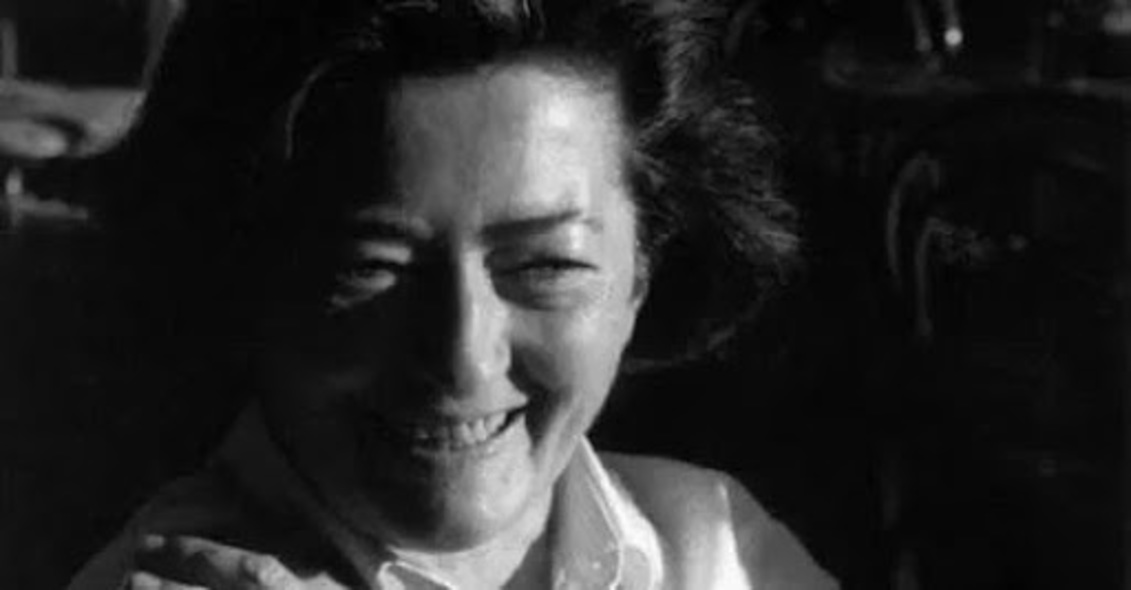Zagreb, September 23, 2021
The Youth Initiative for Human Rights encourages the competent authorities in the City of Karlovac to, instead of naming the bridge after the Special Unit of the Grom Police, whose member was Mihajlo Hrastov, name the Koranski bridge after a peace activist Jelka Glumičić. May Jelka’s bridge become a symbol of Karlovac which promotes peace, solidarity, and tolerance; a place where we come together to build a future in the spirit of human rights and mutual understanding – just as Jelka taught us.
___
Jelka Glumičić was one of the founders of the Antiwar Campaign in Zagreb in 1991, the first non-governmental association, which fought for peaceful and nonviolent conflict resolution, and against war. Together with the members of the Helsinki Committee for Human Rights, she wrote appeals for peace and was extremely involved in securing the right to alternative civilian service. In 1993, Jelka became the president of the non-governmental organization the Committee for Human Rights, whose goal was the protection and promotion of human rights for all citizens, regardless of their gender, race, religion, or other identities. The organization’s work focused on advocating against the militarization of society, encouraging citizens’ initiatives to secure rights to self-organize in the process of building an autonomous civil society, and continuously promoting tolerance and human rights by organizing public forums, workshops, media conferences, and marking important dates. Jelka’s work was exclusively voluntary until October 1995 when the Committee for Human Rights joined a project Crisis Intervention in Krajina – UNPA North, with the donation of OXFAM, a humanitarian organization from Great Britain and Ireland. The project included primarily fieldwork so Jelka was involved in the provision of humanitarian aid, procurement of wood, obtaining basic personal documents, aiding the transportation of the sick, offering psychosocial aid to the domicile Serbian population, which after the military-police action of the Republika Srpska Krajina in August 1995, remained in low numbers and in difficult life conditions.
In May 1996, together with her collaborators, Jelka founded the Shelter for the Old and Helpless in the village of Dunjak, near Karlovac. This shelter took care of around thirty entirely helpless (mentally and physically) people for three years. During that time, they started a collaboration with Tools for Reconstruction, an organization that worked intensively on the reconstruction of ruined houses with the help of Jelka and her colleagues. With the help of the humanitarian organization Mensen Werken Voor Mensen from the Netherlands in 1997, Jelka helped organize a carpentry workshop for minor house repair projects. Thanks to the work with these two organizations, 600 houses were repaired and over 200 wells were cleaned, addressing the lack of drinkable water in that area.
Aware that intolerance and hatred are not the conditions for building a society of coexistence and development, Jelka worked hard to restore trust and lessen the conflicts by organizing various public forums, book promotions, media conferences, and workshops, primarily for young people, in Karlovac.
In 1997 the Committee for Human Rights became a partner of the UNHCR and as part of their project “Following the process of return, the human rights conditions, and the security situation”, over 20000 people worked with the Committee to access legal aid, counsel, and psychosocial support. Thanks to Jelka’s dedicated work and the work of her colleagues, as well as their oversight o the Committee, two visits of the High Commissioner of the UN, Elizabeth Rehn, were organized with the aim of encouraging the Government of Croatia and other institutions to respect the human right of return and other responsibilities related to the right of return – the return of the private property, the reconstruction of the damaged houses, the right to work, etc.
Jelka was also the president and the founder of a savings and credit union in Karlovac, founded as part of the ICMC mission, with the goal of easing the normalization of life and the economic revitalization of the refugees who returned.
In August 1997 as part of the Committee for Human Rights, Jelka founded the first women’s group for women’s human rights in Karlovac, aware that without the active role of women in the social and political life, there cannot be civil society and true democratization. As part of this women’s group, they founded the first SOS telephone for women and children victims of domestic violence. Thanks to Jelka’s initiative, a shelter for women and children victims of domestic violence still exists in Karlovac.
The Committee for Human Rights also founded an advisory center for the alternative civilian service which promoted the right of young people to the conscientious objection to refuse to take on arms.
Jelka was also an active member and a member of the presidency for the Association of antifascist fighters and antifascists in the Karlovac county. She was an honorary member of the Association of the blind, the Society of Esperanto speakers Croatia, and an active participant in the workshops of the Theater of the Oppressed, which strengthened the citizens’ co-responsibility and active care for every human.
She participated in the organization of large protests as part of the ad hoc coalition NO to fascism!
She actively advocated for dignified living conditions for the Roma community in Karlovac, which lives in humiliating conditions, calling for urbanization and regular school attendance for the children.
Photo: tris.com.hr.
